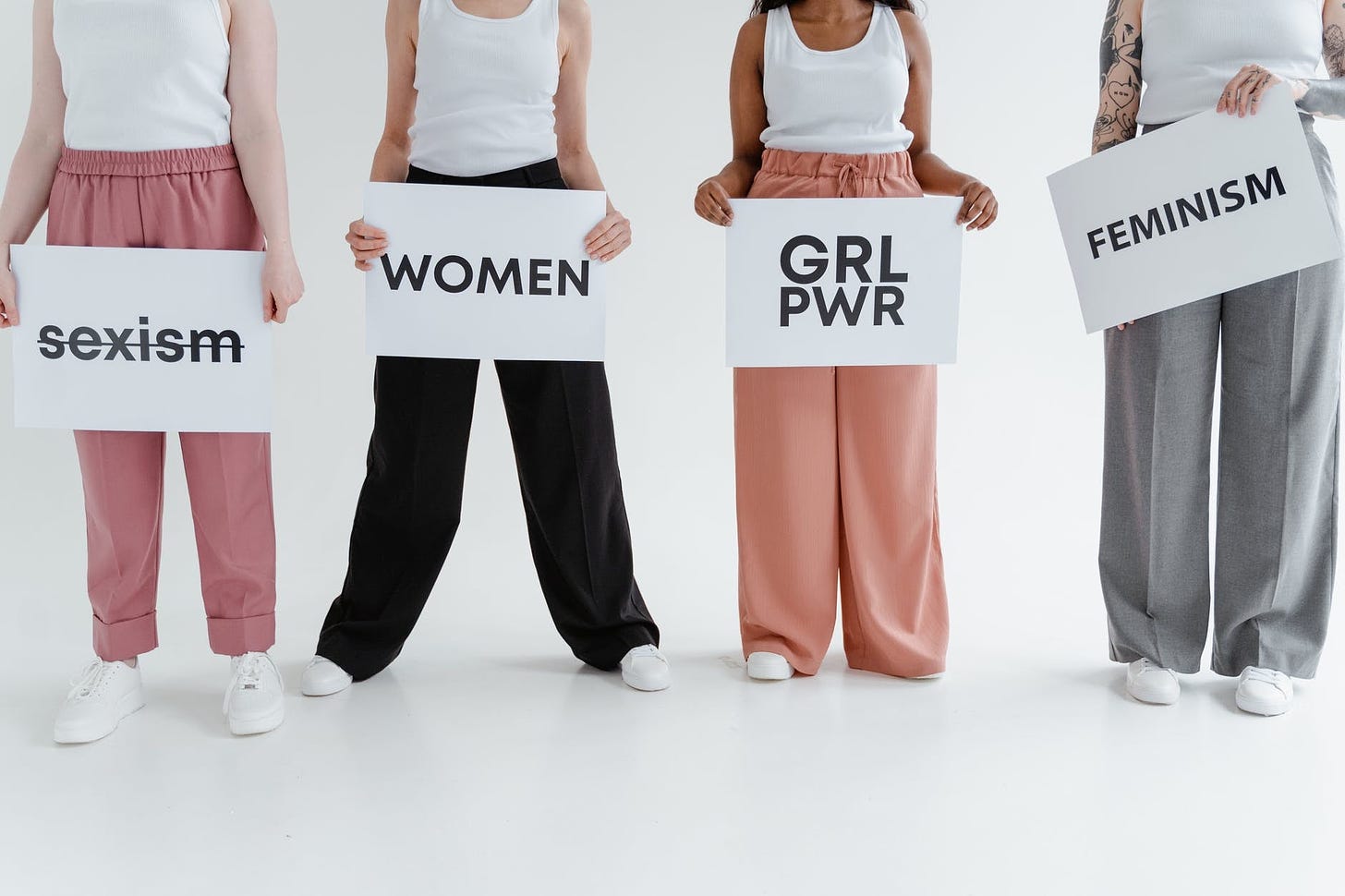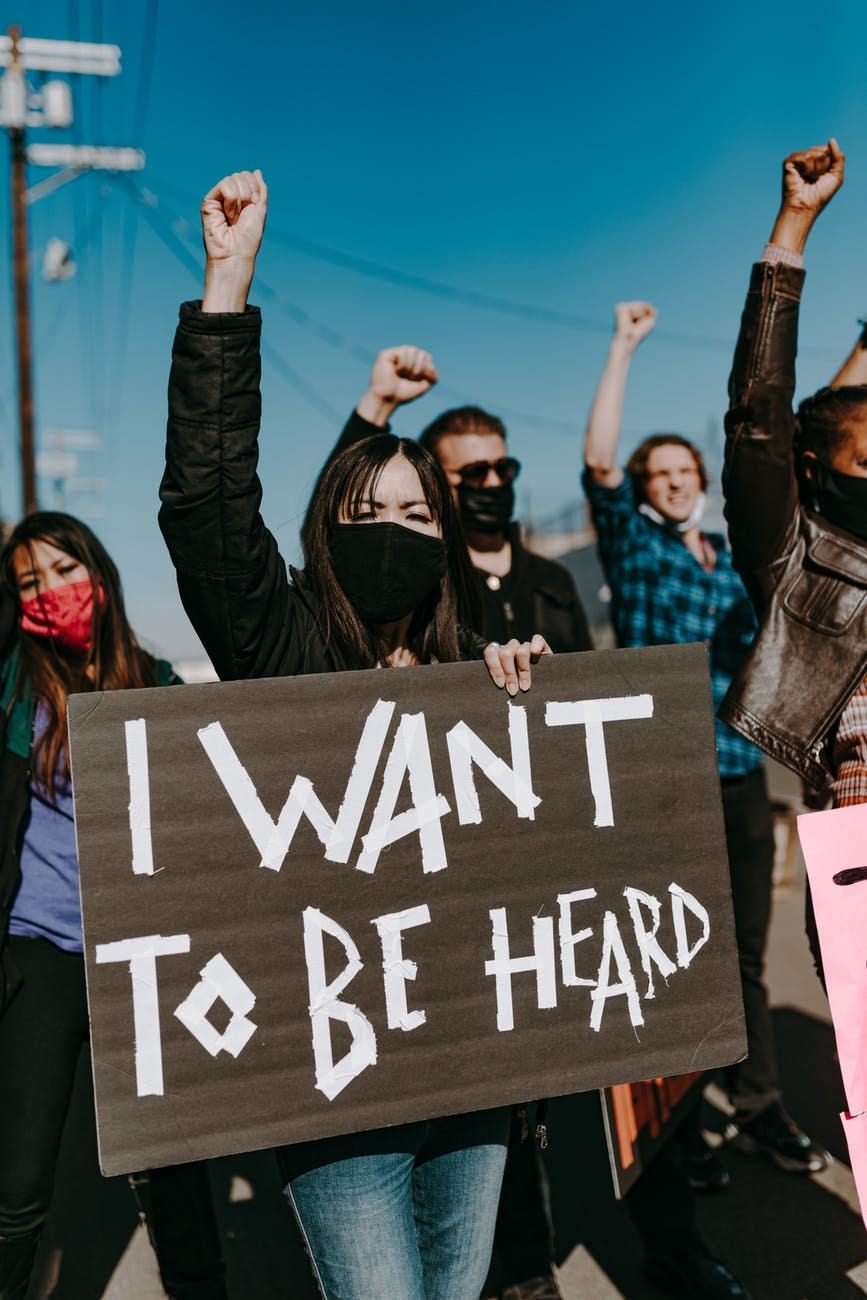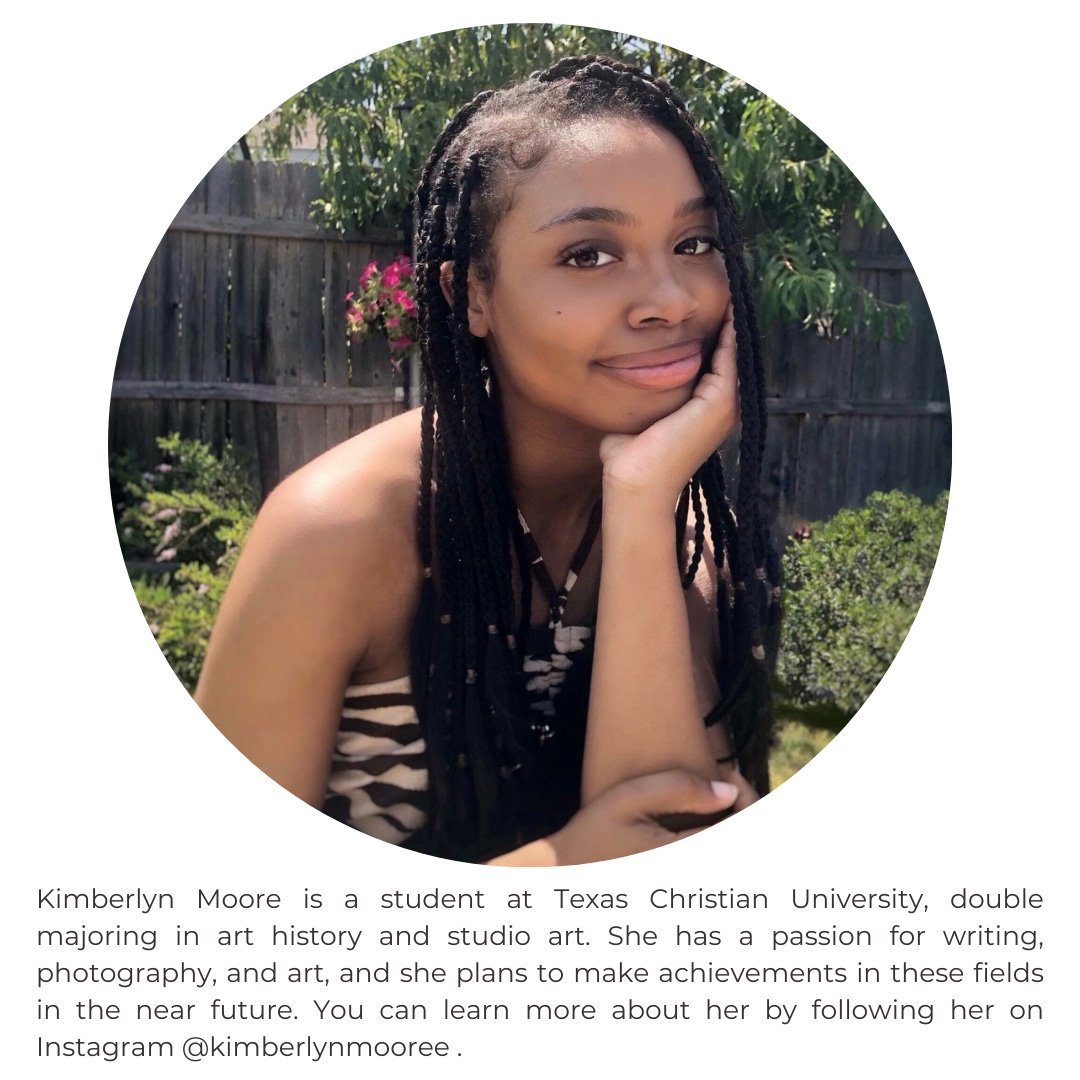Please welcome our newest contributor, Kimberlyn Moore.
I was so grateful when Kimberlyn sent me the draft of her letter because, to some extent, it is out of my comfort zone. It is easier for me to want to focus on the positives in this space. To see life’s difficulties but to approach them with “finding the joy” within them. However, it is also important for us to hear constructive criticism, especially from a source who wants the best for us, so we can learn and grow and be better. In the case of Kimberlyn’s letter, I think an important distinction is that feminism is rooted in the belief that all people are of equal value. Of course, there are many diverging opinions within the movement of feminism; however, if we start at this overarching value we can see Kimberlyn’s point most clearly: even within the scope of saying we want equality there is a disconnect. Why aren’t we practicing what we preach?
Thank you, Kimberlyn, for asking these difficult questions and for sharing this powerful piece with us. — Emily
“If there's one thing I've learned in life, it’s the power of using your voice.”
Michelle Obama
Muted.
I am a Black woman. I see the issues, I try to address the problems, and yet I feel as though other women—and even society—have no interest in my voice. That is what I am feeling; that is the main reason for writing this letter, as a way of expressing what I have been experiencing as a young Black woman.
I want to bring attention to these issues that have been developing for decades and hopefully educate a different demographic on an opposite and diverse view of femininity that women of color are so frequently experiencing, yet society barely bats an eye when hearing our struggle, our voices.
This is my letter to feminism.
This semester at my university, I enrolled in a Radical Women of Color class, in which we read essays from Black, Hispanic, Asian, and Indigenous women—races and ethnicities of women who have felt excluded from the feminist movement—who felt the need to create their own movement so their problems would be heard.
In these essays, the authors tell personal stories of how femininity and womanhood were taught to them from childhood into adulthood. They each tell of their attempts to join the feminism movement but never got the chance to vent or even speak a sentence without being talked over or ignored, specifically by white women.
These stories are from the 80s, yet these narratives are extremely relevant today.

The modern feminism slogan “Girls Supporting Girls” is popularized; but in reality, women of color are often excluded from that slogan. It is geared toward a specific demographic—it is not for us. I know this because of the alienation of our social issues. Women of color are still fighting for fair employment opportunities, against police brutality, or even just wanting equity. On the opposite side of the feminism spectrum, there are protests for “freeing the nipple” or debating if women should wear blazers. This is why racially specific variations of the feminism movement, for example, the Black feminism movement, or the Asian American feminist collective, were created.
The problem is inside the feminist movement. The feminist movement is not a monolith—not every woman has the same shared experience. This variability is why every woman needs to be heard: so individual issues can be addressed and highlighted.
There is a social hierarchy already in place, and women are at the bottom. But at the lowest point of the hierarchy is women of color. We are still fighting against the social hierarchy that has been in place for centuries. We are constantly trying to advance, but society keeps pulling us down, reminding us of our previous place.
It’s quite ironic that as women we aren’t naturally supportive of each other. We know how it feels to be discriminated against or to not receive competitive job offers because of our gender. Yet women are guilty of perpetuating those hierarchies ourselves, and some voices are chosen to be voiced louder than others. It is frustrating that the people who are supposed to be supporting us don't care about our pain.

Why is that? Why is it still happening?
I have experienced the exclusion Black women feel in the feminist movement. Don’t get me wrong: the progression of the feminist movement has evolved and eventually has become more inclusive to women of color and not just white women. Specifically, for example, women of color have made progress in rates of employment in professional jobs and earning degrees; but socially, there is still a lack of interest for women of color’s social concerns.
I can’t help but feel as though we are being left behind, forgotten, and our problems are being diluted even as progress is being made.
Kimberlyn’s 5 Favorite Things
My favorite coffee drink at the moment is an iced caramel latte with oak milk and adding an extra pump of both vanilla and caramel.
I love TikTok. I could stay on that app for hours and hours.
My favorite blush is Glossier’s cloud paint in sunny coral.
My favorite podcasts are Who Weekly (the hosts discuss c-list celebrity drama) and Girls Like Me (the hosts re-read the Clique and Pretty Little Liars book series and make fun of the writing as adults).
My favorite author is Liane Moriarty who wrote one of my favorite books, Big Little Lies.
With gratitude,
Kimberlyn Moore
P.S. Listening well is a skill that is often called active listening. We would love to hear examples of the benefits of listening to others with the intent to understand and grow.





Yes, yes, and more yes to this! Thank you, Kimberlyn. By listening instead of defending we can ALL be better versions of ourselves…and better friends to each other. No one is above that. XO
I think it's helpful for me to expect challenging voices to also be uncomfortable to me. Active listening doesn't always come with emphatic nodding, or a quick rebuttal, both of which I feel generally comfortable with. I recently was confronted by my own tendency to create duality when I find a situation overwhelming, because its easier to respond to duality with agreement or disagreement. Active listening requires that I sit in the discomfort and accustom myself to its presence for a while.